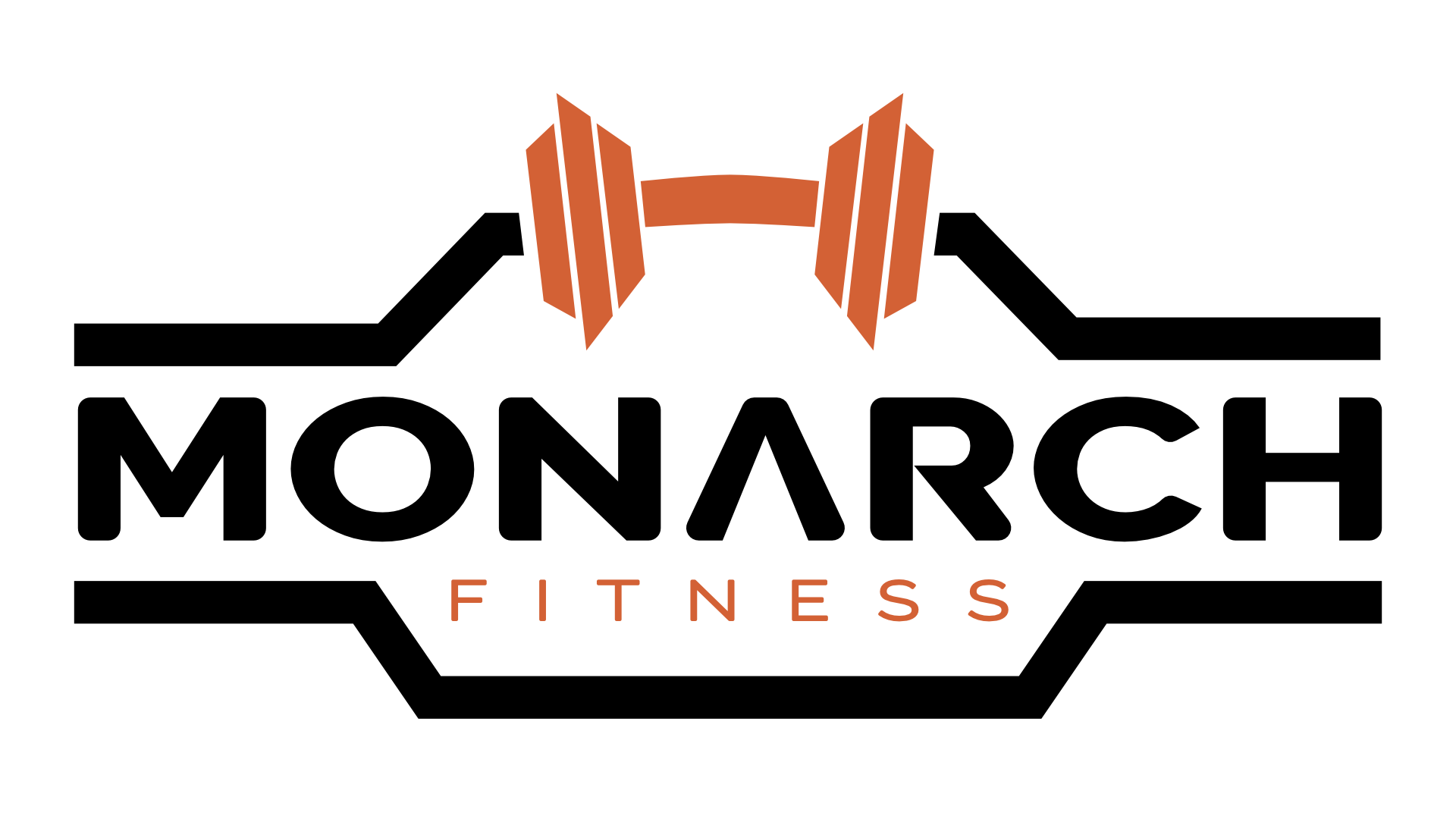You Don’t Have to Be Perfect
You Don’t Have to Be Perfect
When people set out to improve their fitness or nutrition, they often believe perfection is the only path to success. The ideal plan, executed flawlessly, day after day. No missed workouts, no indulgent meals, no setbacks. But this all-or-nothing mindset often leads to frustration, burnout, and ultimately — giving up.
In truth, perfection isn’t just unnecessary — it can be counterproductive. As Precision Nutrition explains in their article, “Why Imperfection = Incredible Results,” consistent effort, even if imperfect, is what truly leads to meaningful, sustainable change.
The Problem with Perfectionism
Perfectionism in health habits creates rigid expectations. You eat one donut at work and suddenly your “diet is ruined.” You miss a workout and feel like a failure. This kind of thinking often leads to a cycle of guilt, self-criticism, and ultimately, giving up altogether.
As Precision Nutrition puts it, people often expect a “perfect” day of eating and exercising, and when they fall short, they view their effort as worthless. But this ignores one of the most fundamental truths of habit formation and behaviour change: progress, not perfection, creates transformation.
The 80% Rule: Good Enough is Powerful
A key insight from Precision Nutrition is the idea that if you’re doing the right things about 80% of the time, you’re doing incredibly well. In fact, many of their most successful coaching clients achieved remarkable results while being “on plan” only 80% of the time.
Let’s put that into perspective: if you eat 3 meals a day, that’s 21 meals a week. Following your plan for 17 of those meals and being more relaxed about the remaining 4 can still yield excellent outcomes. You don’t need to be perfect—you need to be consistent.
This principle is supported by a large body of research. A 2019 review in the International Journal of Behavioral Nutrition and Physical Activity highlighted that self-compassion and flexibility in dieting behaviours are linked to better long-term adherence and healthier body weights (Mantzios & Egan, 2019). In short, giving yourself grace leads to better results.
Imperfection Builds Sustainability
When you allow room for real life—social events, unexpected stress, lack of sleep—you create a system that is sustainable. Sustainability is the key to long-term results, whether your goal is weight loss, muscle gain, or simply feeling better in your own skin.
James Clear, author of Atomic Habits, emphasizes the idea of “never missing twice.” One missed workout doesn’t destroy progress, but consistently letting one missed day become a week, then a month, can. The trick is to accept the imperfection and then return to the plan as soon as possible. That’s how habits are built — not by being flawless, but by showing up again and again, even when it’s hard.
Real-Life Results from Imperfect Action
Consider the success stories shared by Precision Nutrition. Many of their clients didn’t overhaul their lives overnight. They started with one habit—like eating protein at each meal or walking daily. They didn’t follow their plans perfectly, but they persisted. And over time, those small, consistent efforts led to significant weight loss, better energy, improved mental health, and a more positive relationship with food.
This is echoed in The Slight Edge by Jeff Olson, who writes that “simple daily disciplines—little productive actions, repeated consistently over time—add up to the difference between failure and success.”
Practical Tips for Embracing Imperfection
If you’re ready to trade perfection for progress, here are some actionable tips:
- Set flexible goals – Aim for “most days” instead of “every day.” For example: “I’ll exercise four times a week” instead of “I’ll never skip a workout.”
- Track the average, not the exception – Focus on your overall trend, not isolated setbacks.
- Practice self-compassion – Treat yourself with the same kindness you’d offer a friend.
- Plan for “off-plan” moments – Allow room for enjoyment and spontaneity. Life doesn’t stop for your goals.
Conclusion: Progress Over Perfection
In health, as in life, chasing perfection can hold you back. But giving yourself permission to be imperfect—while still striving toward your goals—creates resilience, consistency, and ultimately, success. As Precision Nutrition shows, incredible results come not from never missing a step, but from always taking the next one.
So let go of perfect. Embrace “good enough.” Keep going. Your future self will thank you.
References:
- Precision Nutrition. (n.d.). Why Imperfection = Incredible Results. Retrieved from www.precisionnutrition.com
- Mantzios, M., & Egan, H. (2019). Understanding the role of self-compassion in weight regulation and body image. International Journal of Behavioral Nutrition and Physical Activity, 16(1), 1–12.
- Clear, J. (2018). Atomic Habits: An Easy & Proven Way to Build Good Habits & Break Bad Ones. Avery.
- Olson, J. (2013). The Slight Edge: Turning Simple Disciplines into Massive Success and Happiness. Greenleaf Book Group.



